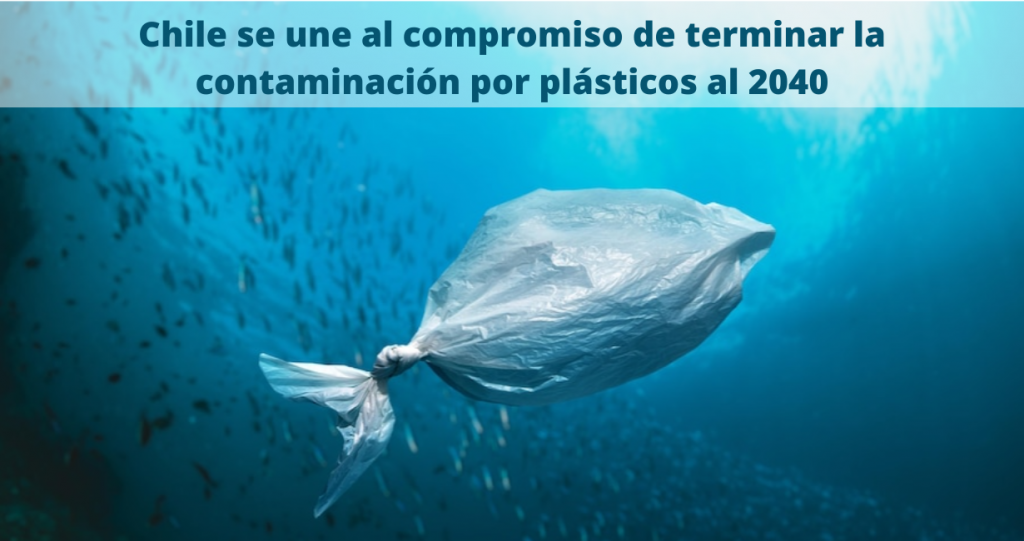
According to estimates from the Organization for Economic Cooperation and Development (OECD), if no concrete actions are taken now, by 2060 the world could have an accumulation of 348 million tons of plastic in rivers and lakes and 145 million tons in the sea, an alarming situation that invites, without a doubt, to raise the alarms.
Based on this reality, Chile recently joined the High Ambition Coalition, promoted by the United Nations General Assembly, to end plastic pollution by 2040. Thus, our country now joins Rwanda, Norway, Canada, Peru, Germany, Senegal, Georgia, Korea, United Kingdom, Portugal, Denmark, Finland, Sweden, Costa Rica, Iceland and Ecuador, as part of a powerful team that works incessantly to achieve this goal.
It is important to note that this waste (plastic) is considered a contaminant since it is made up of chemicals, from basic polymers to additives and processing chemicals. In this sense, nearly 10,000 chemicals associated with the manufacture of plastics have been identified through a wide range of applications, and over 2,400 of these are potentially dangerous to human health and the environment.
However, about 75% of all plastic waste has been in landfills or in the environment since 1950, and less than 10% is recycled.
For this reason, the High Ambition Coalition has proposed three strategic goals and seven key deliverables for success in the negotiations of the new international legally binding instrument. These are:
- Limit the consumption and production of plastics to sustainable levels.
- Enable a circular economy of plastics to protect the environment and human health.
- Achieve sustainable management of plastics and recycling of plastic waste.
- Eliminate problematic plastics, including bans and restrictions.
- Develop global sustainability criteria and standards for plastics.
- Establish global baselines and sustainability goals throughout the life cycle of plastics.
- Ensure transparency in the plastics value chain, including material and chemical composition.
- Establish mechanisms to strengthen commitments, goals and controls over time.
- Implement monitoring and reporting measures at each stage of the plastics life cycle.
- Facilitate effective technical and financial assistance, scientific and socioeconomic assessments.
At Hidronor we are committed to this cause and through our services transport, treatment and final disposal of waste y recovery and recycling of the same We will continue adding value to caring for the environment in Chile.
Source: InduAmbiente







